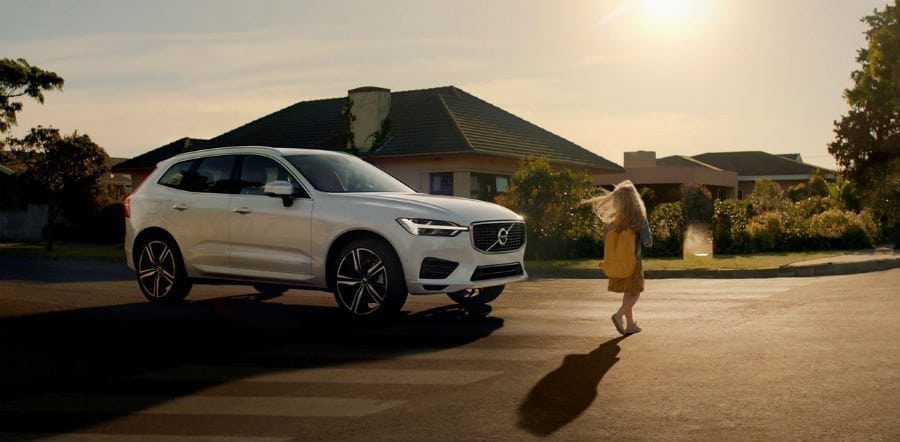Yesterday, Volvo Cars became the first mainstream automaker to announce that all models introduced after 2019 will be either hybrids or battery powered. This decision marks another blow to the internal combustion engine (ICE) and may be the beginning of the end of the gas guzzler.
Based in Sweden, Volvo is owned by Geely Automobile Holdings of China, which already produces battery-powered cars on the Chinese market. Volvo is a relatively smaller dog in the automaker business, selling only 534,000 cars in 2016 compared to companies like Toyota or General Motors who sold about 10 million vehicles each. However, it may get an edge by focusing solely on electrification. It will be able to concentrate its limited research and development resources on new technologies, rather than continuing to invest in old tech. Additionally, it will be able to lean on technology and research developed by its parent company, Geely.
Given the fact that China is the largest market for electric vehicles, and the increased investment in electric cars, this may be the edge that Volvo needs to get ahead. The success that Tesla has had thus far, surpassing Ford and GM in terms of stock market value, shows that investors think the industry is moving towards electrification. Speaking of Tesla, it will be interesting to see how Elon Musk’s company moves forward with a new competitor. Although Volvo’s move does align with Musk’s vision for a future of sustainable, electric transportation, it may not bode well for Tesla’s business. Tesla may have a lead in battery costs – building their own multi-billion-dollar battery factory in Nevada – but cheap Chinese batteries may negate those advantages. Additionally, Volvo’s battery-powered vehicles will initially be produced in China, giving local access to the large market there.
The transition will be gradual. Existing models produced after 2019 will still have conventional engines, but Volvo will no longer introduce new models with the old technology. It claimed that it would introduced five models from 2019 to 2021 that would run solely on electric power and that it may phase out gasoline and diesel completely by 2024.
Håkan Samuelsson, president and chief executive of Volvo boldly stated, “This announcement marks the end of the solely combustion engine-powered car.”
Featured Image of the New Volvo XC60 Courtesy of Volvo











